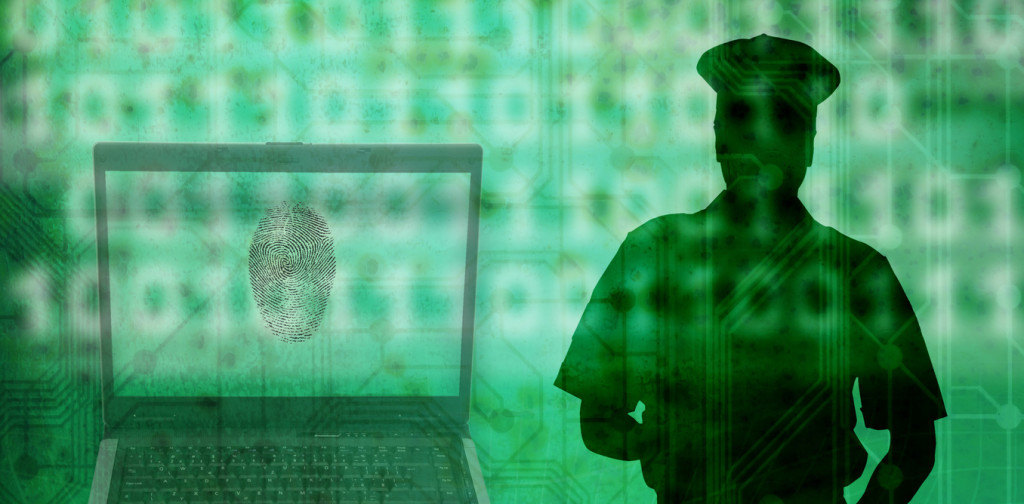How Big Data Can Improve Cyber Security

What Is Big Data and How Can It Be Used for Cyber Security?
Big data is a term used to describe the use of large volumes of data that are too heavy or complex for traditional processes. Organizations handle and analyze data to help keep track of trends and gain insights with which to improve their operations, and the bigger the data, the more accurate the insights. Big data has thus taken on a major role in the tech industry, with the ability to propel businesses into the future.
However, big data is not a magic solution by any means. Merely using large amounts of data does not mean you will start seeing more revenue or suddenly become the next Google. To make the most of big data, you need to know how to analyze it correctly and use it to make the wisest choice for your business.
This is where security big data analytics comes in. It allows security teams to analyze much more log and event data than traditional cyber security solutions. The analysts of the Security Operations Center (SOC) use big data to automate numerous operations, such as correlation rules, which have the ability to drastically reduce the number of false positives the system generates.
The meteoric rise of big data analytics is enabled by Machine Learning (ML) and Deep Learning (DL), which are subsets of Artificial Intelligence (AI). DL and ML techniques can process large amounts of data gathered by the system and identify patterns that may indicate a cyber threat. The challenge with big data security is to analyze and handle very large volumes of data in a timely manner to enable quicker Incident Response (IR) and extract meaningful information that can be used by the security team.
How Big Data Analytics Helps in Combating Cyber Threats
Before big data came into the picture, there were two major security methods that enabled analysts to detect security incidents:
- Risk assessment and identifying vulnerabilities━to identify vulnerabilities and assess risks, security teams would scan the organizational network for a known attack pattern or vulnerability that could be used to launch cyber attacks.
- Correlation rules━security experts would define rules that specify event sequences that indicate anomalies that could be the result of cyber attacks against the network.
While these two methods are successful in identifying and preventing known attacks and bad actors, they have three significant shortcomings:
- False positives━these systems are designed to identify anomalies based on (typically) a strict set of rules, which means they often cause the system to generate a high amount of false positives. The biggest problem with false positives is that it can lead the security team to fatigue and might cause slower response and indifference in the security teams.
- Inability to deal with unique events━the traditional approaches are designed to handle the most common forms of attack and they are relatively successful in doing so. However, they are not equipped to deal with new emerging threats such as zero-day attacks and more advanced cyber attacks like advanced persistent threat (APT) attacks.
- Slower incident response━since the traditional cybersecurity methods have to rely on specific rules and correlations, they are not as effective to detect and identify threats as quick as big data security.
Big Data Cyber Security Solutions
Here are a few cybersecurity solutions that make use of big data to help you understand how big data security solutions can improve your security.
Intrusion Detection System (IDS)
Intrusion detection systems monitor all the traffic that passes through the organizational network and helps enterprises detect and identify malicious traffic and cyber attacks. Big data is highly useful for IDS as it provides all the information required to monitor the network of the company.
User entity and behavior analytics (UEBA)
UBEA is a tool that monitors data for known threats and behavioral changes in the data of users to provide visibility that is critical to identify user-based threats that cannot be detected by traditional methods.
Incident response (IR)
Incident response is a type of approach for dealing with security with many kinds of security incidents including cyber-attacks and security breaches. To do this, Incident response focuses on detecting, identifying, isolating and eradicating the roots of the incident. In general, the terms incidents includes law and policy breaches, which are acts that violate the acceptable terms of software usage and access and might result in danger to software or hardware such as systems, networks and servers. While incident response is nothing new, big data has enabled many critical improvements in IR and will probably lead to even more advanced and capable IR solutions.
The Double-Edged Sword of Using Big Data for Cybersuecirty
What makes big data so successful for cybersecurity is also what makes it one of its biggest risks. In large organizations with hundreds of employees, the system collects and analyzes enormous volumes of data. In the right hands, this information can be used to predict trends and improve cybersecurity.
However, in the hands of threat actors with malicious intent, this information is a gold mine, which makes big data a prime target for cyber attacks, such as ransomware.
Big data has the potential to protect your organization against all types of threats━but this double-edged sword can also be the downfall of your business. Therefore, it is critical to ensure the security of your data so it cannot be used against you.

























